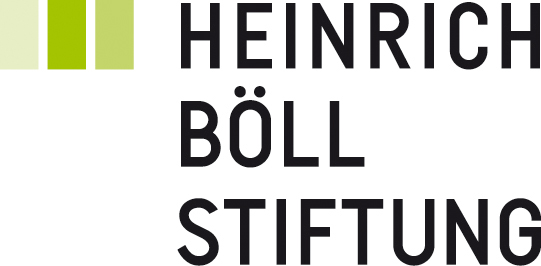
G20 AND BRICS
Issue #18 – February 2014
http://www.boell.org/downloads/G20-BRICS_Update_18_EN.pdf
By Oliver Stuenkel, Assistant Professor of International Relations, Getulio Vargas
Foundation, São Paulo, Brazil
In July, Brazil will organize the 6th BRICS Summit in Fortaleza. Since the host has the right to set the agenda, Brazil has a unique chance to give the Summit its own imprint – and thus engage the leaders of China, India, Russia and South Africa on
one or several topics of its choosing. This is a tremendous opportunity for Brazil. Yet the public is likely to remain skeptical of the usefulness of the BRICS concept, particularly as growth in the Global South has slowed markedly. Moreover, President Dilma Rousseff never really warmed to the idea of the BRICS and her foreign policy team faces a tough challenge: to maintain momentum and show
that Brazil benefits from being part of the group. In the midst of all the gloom, the BRICS will launch the BRICS Development Bank, marking the most
important step towards institutionalization in its young history.
This development is highly significant; it is the first step towards institutionalizing the collaboration of the BRICS, fundamentally altering its characteristics of a non-binding, informal, consultative group. While most details about the
Bank still need to be resolved, it is clear that operating such an institution will require the BRICS to agree on a set of guiding rules and norms. It will provide a unique opportunity to design new development paradigms and, perhaps, start a real conversation between established lenders and rising powers about the future of development. The BRICS Bank could also be an important motor for change within established institutions, such as the World Bank. Interestingly, the World Bank intends to create a Global Infrastructure Facility (GIF) this year, perhaps out of a sense of competition with the BRICS.
Yet progress in setting up the BRICS Bank since the 5th BRICS Summit (in Durban, South Africa in March 2013) has been painfully slow. When asked about the new bank, diplomats in Brasília, Pretoria and Delhi keep pointing out the difficulty of setting up a multilateral development bank. Coordinating such a process between five countries is indeed a challenge – but that cannot mask the fact that true political will from the top may be missing at this point. Currently, Brazil’s foreign ministry is coming to grips with budget cuts after years of expansion. And, importantly, Dilma Rousseff seems more intent on consolidating Brazilian foreign policy rather than engaging in new, costly initiatives, such as the BRICS Bank.
Read more:
Why the anti-BRICS hype is overblown








